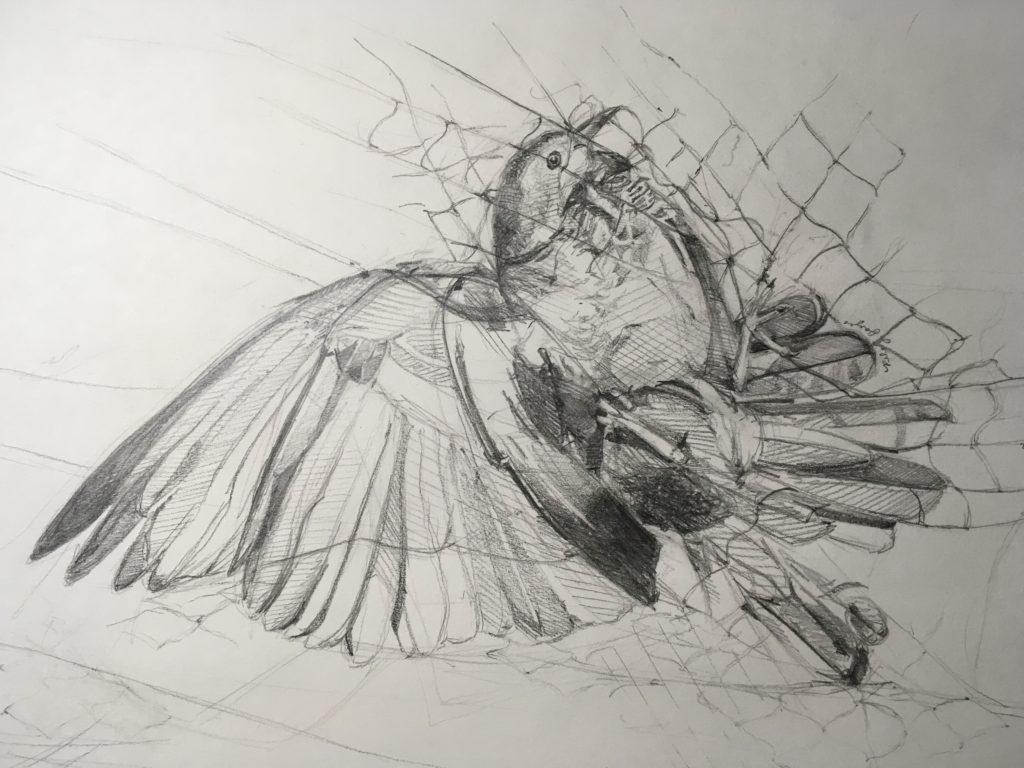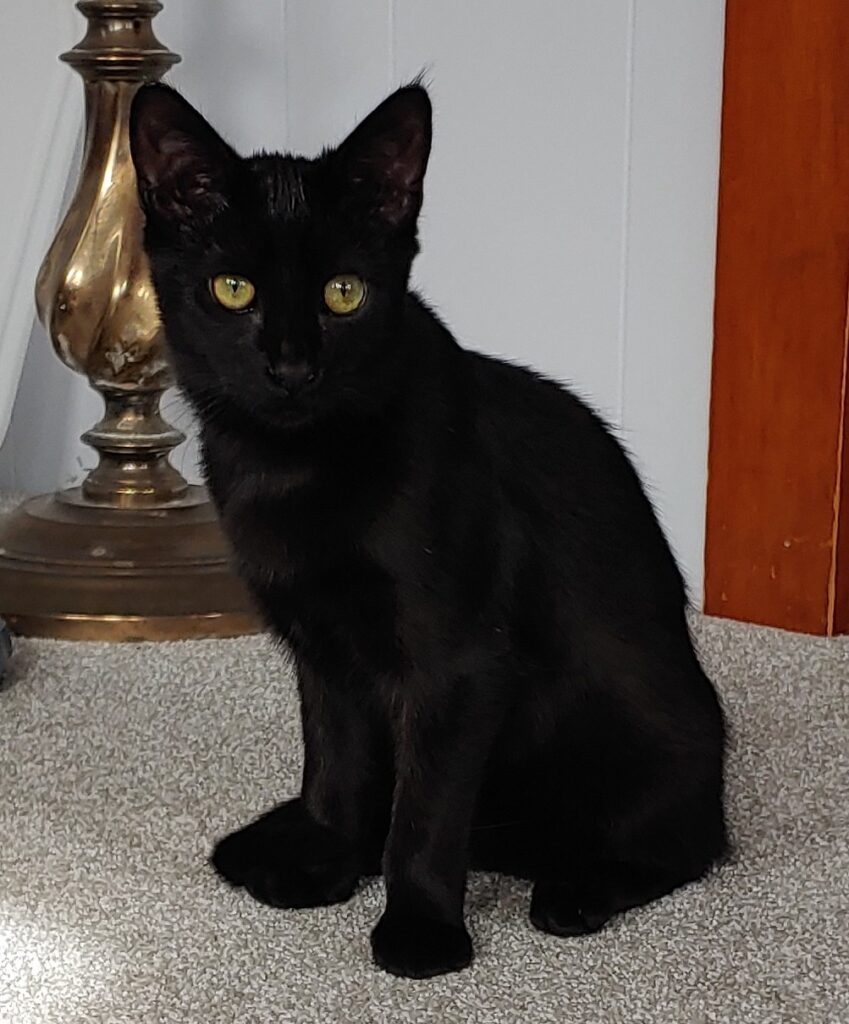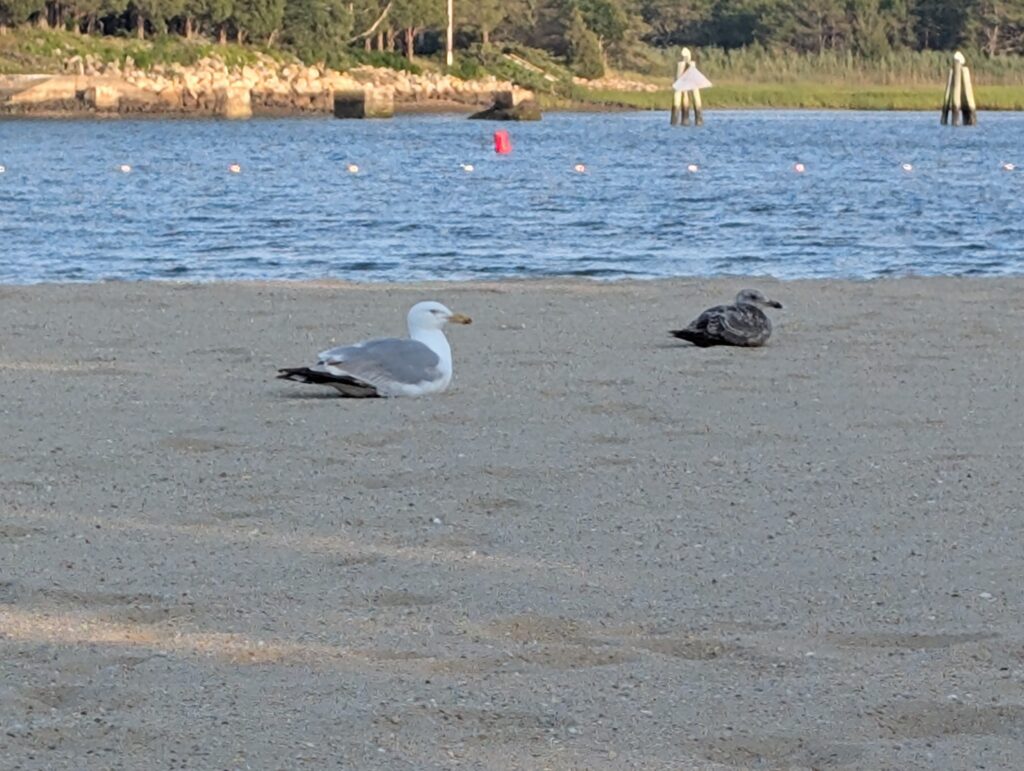Daily Readings: Psalm 72:1-7, 18-19; Isaiah 4:2-6; Acts 1:12-17, 21-26
They nominated two: Joseph Barsabbas, nicknamed Justus, and Matthias. Then they prayed, “You, O God, know every one of us inside and out. Make plain which of these two men you choose to take the place in this ministry and leadership that Judas threw away in order to go his own way.” They then drew straws. Matthias won and was counted in with the eleven apostles.
Acts 1:23-26, The Message
They got it down to two, then they drew straws to decide who would be the apostle to replace Judas. Shouldn’t there have been another round of interviews, perhaps some quiet time to reflect on this rather important decision? Why leave something so important up to chance?
For many years, I thought it was because they didn’t want to be responsible for making the final decision – better for Justus and Matthias to see it as the luck of the draw rather than a judgement on their abilities and souls.
As I’ve gotten older, I think it might have been something different. Matthias and Justus were both deemed capable and worthy. Had the draw gone to Justus, the path would have been different – not better or worse, just different.
Aren’t there times when we face that same thing – a fork in the road with both directions looking equal in worth? Perhaps, at that point, we should just flip a coin and fully embrace the outcome…and trust that the Spirit will bless the road we take.







